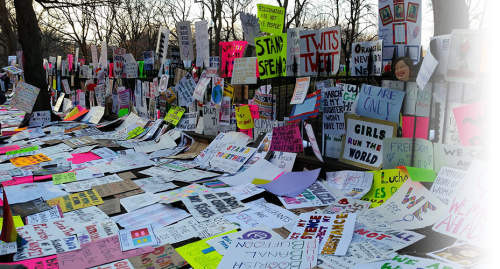The Global Expression Report 2023 provides a comprehensive analysis of the state of freedom of expression worldwide. It assesses 161 countries using 25 indicators to assign each a score between 0 and 100, categorizing them into various levels of expression freedom: In Crisis (0-19), Highly Restricted (20-39), Restricted (40-59), Less Restricted (60-79), and Open (80-100).
Key findings include:
1. **Decline in Global Expression**: There has been a significant decline in freedom of expression globally. The Global Expression Score, the mean average of country scores, has dropped by 6 points since 2012. Even more concerning is the Human Score, weighted by population, which shows a 13-point decline over the same period.
2. **Widespread Repression**: Around 80% of the global population now lives with less freedom of expression than a decade ago, affecting over 6 billion people in more than 80 countries. The 21st century has seen an increase in repression for the majority of the world's population.
3. **Disproportionate Impact**: The report highlights that more countries are experiencing declines in freedom than those witnessing improvements. Notably, countries with declining freedoms tend to have larger populations. For instance, 95% of countries that have seen advances in the last decade have populations under 50 million, whereas only 74% of countries with declining freedoms have populations of that size.
Overall, the report paints a concerning picture of the current state and trends of global freedom of expression.

